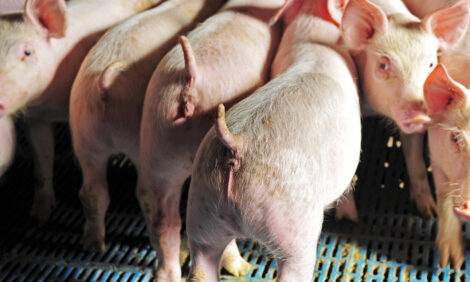



World Leaders Agree Action to Fight Antimicrobial Resistance
GLOBAL - World leaders have signalled an unprecedented level of attention to curb the spread of infections that are resistant to antimicrobial medicines, in a pledge agreed by 193 countries at the United Nations headquarters in New York yesterday.Antimicrobial resistance (AMR) happens when bacteria, viruses, parasites, and fungi develop resistance against medicines that were previously able to cure them.
For the first time, Heads of State committed to taking a broad, coordinated approach to address the root causes of AMR across multiple sectors, especially human health, animal health and agriculture. This is only the fourth time a health issue has been taken up by the UN General Assembly (the others were HIV, noncommunicable diseases, and Ebola).
The high-level meeting was convened by the President of the 71st session of the UN General Assembly, H.E. Peter Thomson.
"Antimicrobial resistance threatens the achievement of the Sustainable Development Goals and requires a global response," Mr Thomson said. "Member States have today agreed upon a strong political declaration that provides a good basis for the international community to move forward. No one country, sector or organisation can address this issue alone."
Countries reaffirmed their commitment to develop national action plans on AMR. Leaders recognised the need for stronger systems to monitor drug-resistant infections and the volume of antimicrobials used in humans, animals and crops, as well as increased international cooperation and funding.
They pledged to strengthen regulation of antimicrobials, improve knowledge and awareness, and promote best practices - as well as to foster innovative approaches using alternatives to antimicrobials and new technologies for diagnosis and vaccines.
"AMR is a problem not just in our hospitals, but on our farms and in our food, too. Agriculture must shoulder its share of responsibility, both by using antimicrobials more responsibly and by cutting down on the need to use them, through good farm hygiene," said Dr José Graziano da Silva, Director-General of the UN's Food and Agriculture Organisation.








